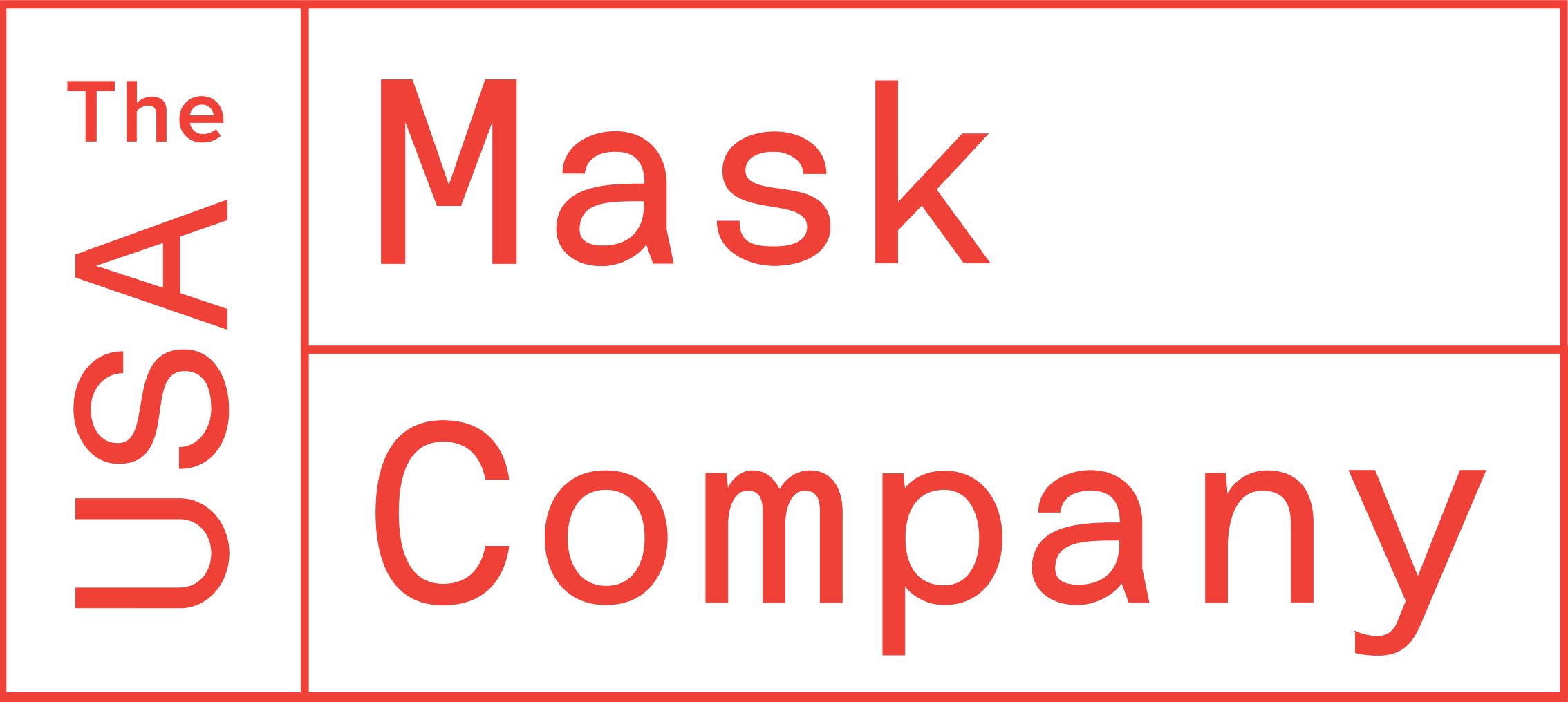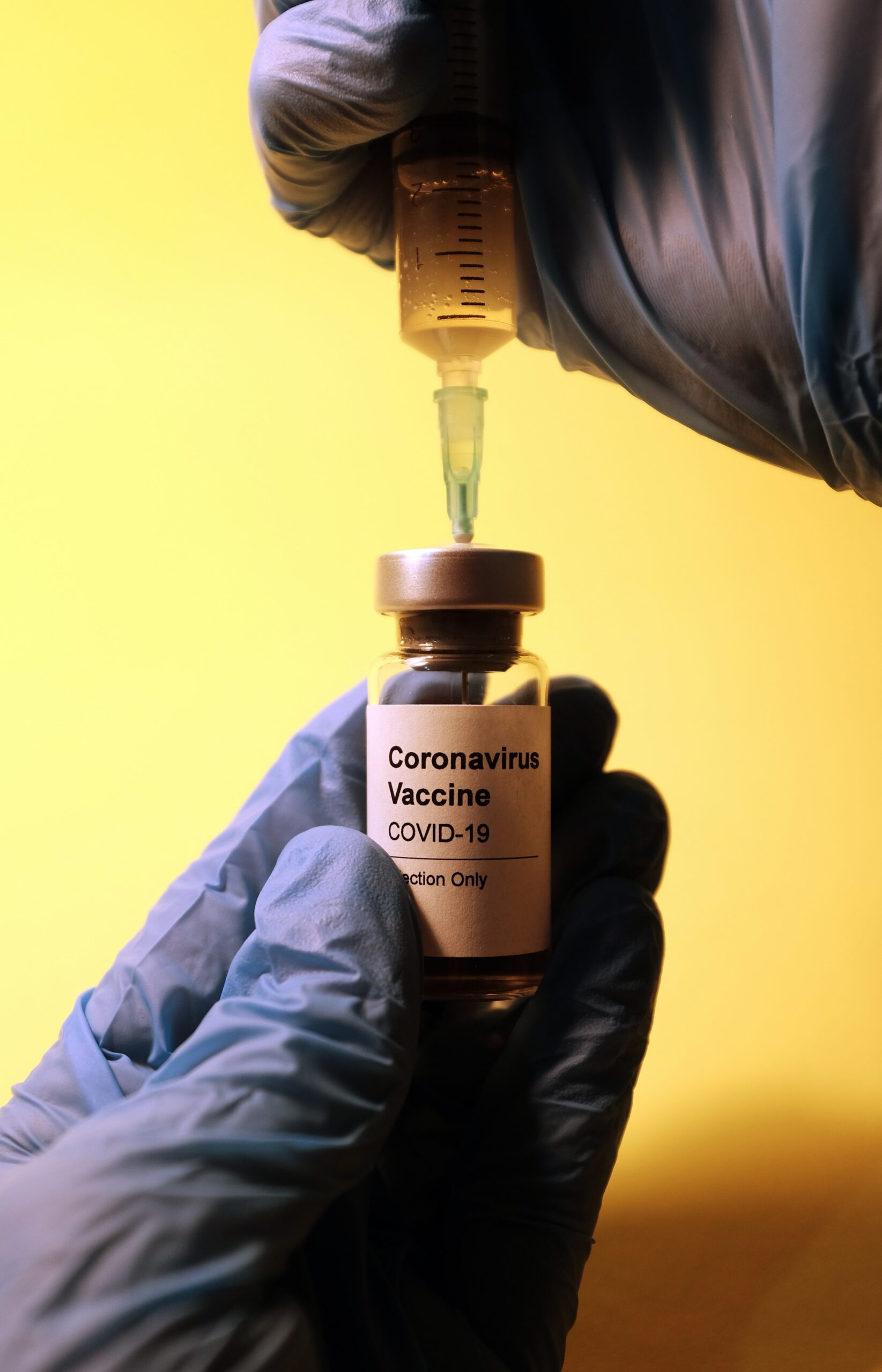While several COVID-19 vaccine brands have already secured emergency use authorization from the World Health Organization (WHO) and many other countries, there are still a few questions from the general public concerning their efficacies, potential adverse effects, or if we should keep wearing face masks after being vaccinated.
The WHO’s pronouncement on these vaccines is that regardless of efficacy levels, they are effective in preventing you from getting gravely sick from the virus, meaning you can still get it with a higher level of protection that can prevent death, though you can still get it and spread it to others.
That alone makes face masks more essential than ever considering the emergence of several COVID-19 strains that are found to be more contagious and stubborn against the available vaccines.
How face masks can protect you from COVID-19 and its variants
Immunologists continue to encourage the wearing of face masks even after being vaccinated as this doesn’t stop them from being contagious if they contract the virus. Since the need to open up the economy is most evident and necessary, wearing face masks is more critical than ever as asymptomatic spreaders can increase new cases daily at a more alarming and rapid rate. Experts have also attributed 50% of transmissions stemming from asymptomatic individuals.
Research shows that when worn properly, N95 and KN95 respirators are your best bets to avoid the COVID-19 virus. However, more people have resorted to using cloth or single-use surgical masks with a measly 30% level of protection due to the scarcity of available Grade-A respirators in the market.
Still, minimal protection is better than none at all.
The global need for masks
Most N95 and KN95 respirators approved by the Centers for Disease Control and Prevention (CDC) and the Food and Drug Authority (FDA) in the U.S are reserved for medical use only.
To make matters worse, most of these KN95 respirator brands come from China which makes them prone to widespread counterfeiting. Even some of the genuine ones don't seem to fit American medical staff’s faces securely (especially for females), as they were designed to fit Asian facial features. This could be dangerous when worn in COVID-19 hospital units.
American-made N95 and KN95 respirators from 3M, Honeywell, and rising brand The USA Mask Company which uses U.S. raw materials for their melt blown respirators, are currently upgrading their supply chain to hopefully meet the current need for face masks that are approved for both medical and general community use.
This can also address supply problems in Europe where N95 and KN95 respirators (which are labeled as FFP2), are also in short supply. Add to this the many emerging economies across the globe that continue to suffer from the spread of the coronavirus due to the lack of available PPEs and face masks that can provide quality protection for their healthcare workers.
To know more about how you can get high-quality, American-made N95 and KN95 respirators, visit The USA Mask Company.

